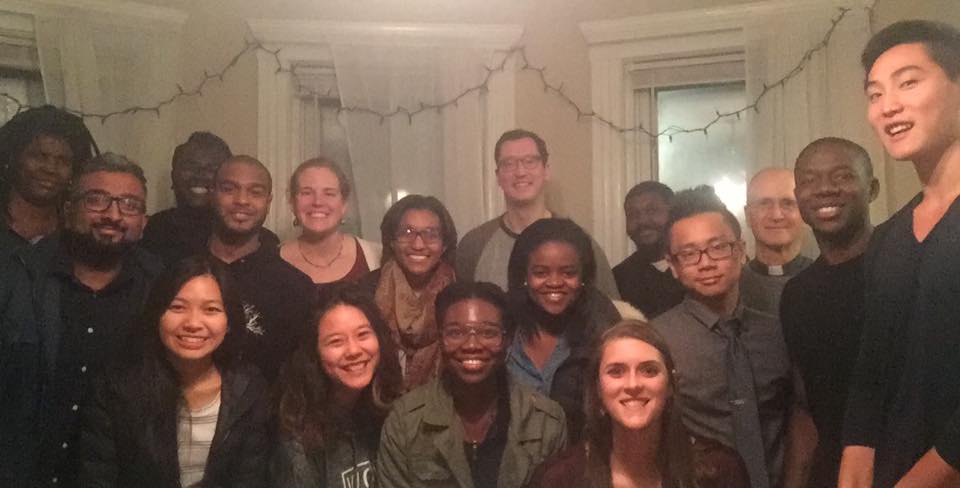
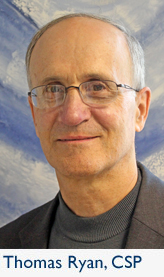
Father Tom Ryan, director of the Paulist Office for Ecumenical and Interfaith Relations in downtown Boston, attended the inaugural UB neighborhood dinner a few weeks ago. He found the dinner to be an inspiring model for Christian unity based on his 42 years of work in this ministry, the fruits of which he shares in his recent book Christian Unity: How You Can Make a Difference that focuses on local-level ecumenism. Read his story below and be encouraged by the fruit emerging from UniteBoston’s grassroots, relational approach towards making visible the oneness we have in Christ.
With each year of experience in church unity work, I have become more
and more convinced that, no matter how important theological work is for reconstituting unity, the real crux for the ecumenical movement is to deepen the experience of unity on the local level. Theological consensus opens the door to church unity, but the only thing that will get us through that door is growing together in newly discovered fellowship and commitment. Communities of believers, even more than articles of belief, need to be reconciled. When I was a student in theology, one of the best pieces of ecumenical advice I received came from a great ecumenist who said, “Meet people on a human level first and just get to know them before you try to talk theology with them.”
And that’s just what UniteBoston is giving us the chance to do with its Neighborhood Dinners! The first one took place at the end of October in Tony Lee’s home. Tony is the coordinator of the UB Neighborhood dinners in Revere. It was really lovely. There were 17 of us, the majority of them young adults. A potluck supper, with everybody bringing something to eat or drink; good conversation over a carnival of tastes! That week we celebrated the 500th anniversary of the Protestant Reformation, so Kelly asked me to share some thoughts about how this centenary observance, being the first one to happen in an ecumenical era, was different. As we all sat in the living room enjoying dessert, a good half hour discussion ensued.
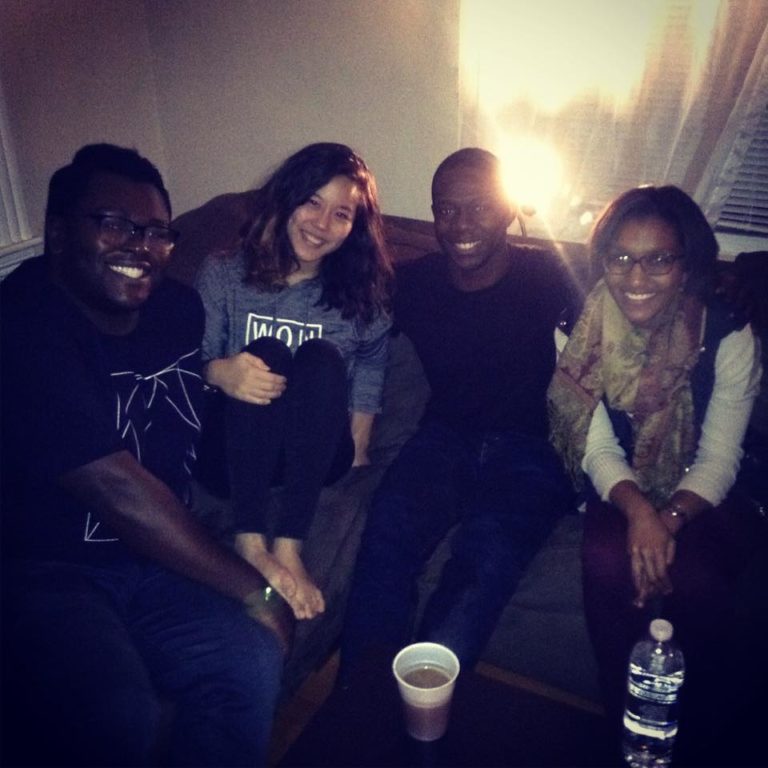
Then Tony picked up his guitar . . . the lyrics of worship hymns began appearing on the TV screen, and we began singing while he provided the instrumental support on his guitar. There we all were, on sofas and lounge chairs or sitting on the living room floor, harmonizing our voices in song-prayer, praising God together in song for a good thirty minutes. There was a palpable harmony of spirit in the room. After the singing, we just kind of relaxed in friendly conversation, with people leaving as they felt it was time for them to hit the road.
The Importance of Community Building From Below
My 42 years in ordained ministry have been largely devoted to the work for unity among the followers of Jesus. It began in collaboration with other chaplains in campus ministry to bring students together at Ohio State University in Columbus and McGill University in Montreal. That led to serving as the director of the Canadian Centre for Ecumenism and working in all 10 provinces of Canada for 14 years, before founding and directing an ecumenical center for Spirituality in Montreal co-sponsored by 8 different denominations. Within 5 years we had a total of 9,000 participants annually in our workshops, seminars, retreats, and prayer services.
Then the leadership of my community (the Paulist Fathers), asked me to come to New York City to found and develop the work of a Paulist North American Office for Ecumenical and Interfaith Relations which, after 9 years, we moved to Washington, DC. But in neither of those two urban areas did I find a network that was stimulating community building among Christians from below. The last 25 years have seen a remarkable number of formal statements of agreement between national and international dialogue commissions. But like so many seeds, they will only be effective if the ground has been prepared. That ground is the people in the various churches. If they don’t even know one another, why would those agreements even mean anything to them? Clearly, nothing is going to happen ecumenically without community building from below.
So more than ever, encouragement and opportunities to come together across denominational boundaries are important–to share with each other an experience of our common Lord. Under the banner of that Lordship we will discover relationships of surprising depth. We will inevitably see that what we share is far greater that what divides us. People who have been living in the same neighborhood can now find themselves expanding their sharing of life to include a sharing in faith. In most cities, if there’s even one joint service that brings people together for the annual January 18-25 Week of Prayer for Christian Unity, its a good week. Last year here in Boston, there were seven! And now the UB Neighborhood Dinners are taking place in various neighborhoods around the city.
Why are these and other initiatives happening here? Because there is a team of people under the banner of UniteBoston that is sowing the seeds of unity at the grassroots. A team in whose hearts the fire for unity in faith, life, worship and mission burns and who are kindling that fire in the hearts of others. When I moved the Paulist Ecumenical Office to Boston from D.C. a year and a half ago, discovering what was happening here brought joy to my heart! Needless to say, I am happy to become an active participant in it with you all. We are immensely blessed to have a team like this in Boston.
Like any organization, there are expenses involved. Let us give them our support in time, talent, and treasure. Let us make a donation of one kind or another to support these creative initiatives to bring the followers of Jesus together in life, prayer, mission and service.
Thank you, UniteBoston team-members for your Spirit-filled work in our city!
Sign up for the UniteBoston neighborhood dinners here. Once we have a cook, host, and coordinator in a particular neighborhood, we can launch that dinner gathering!
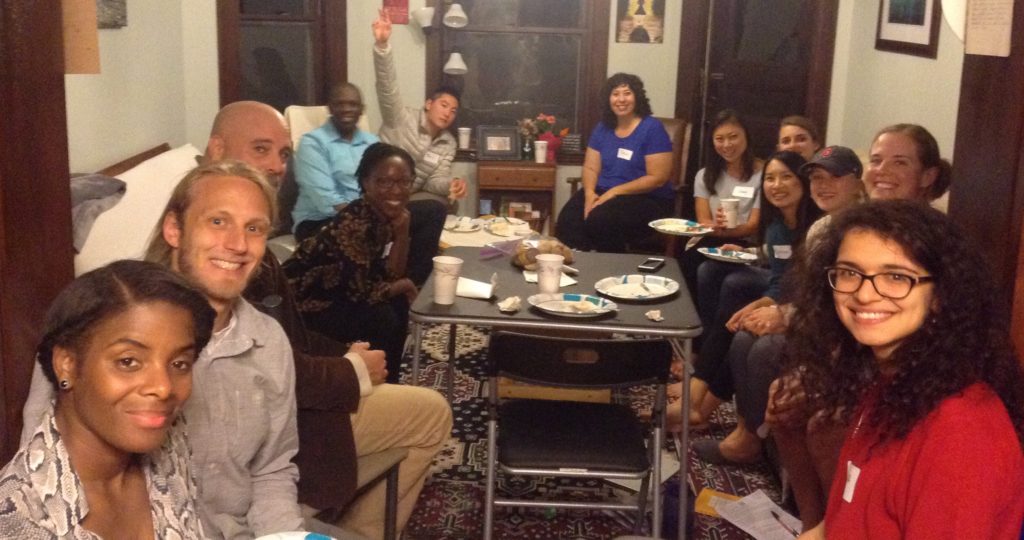
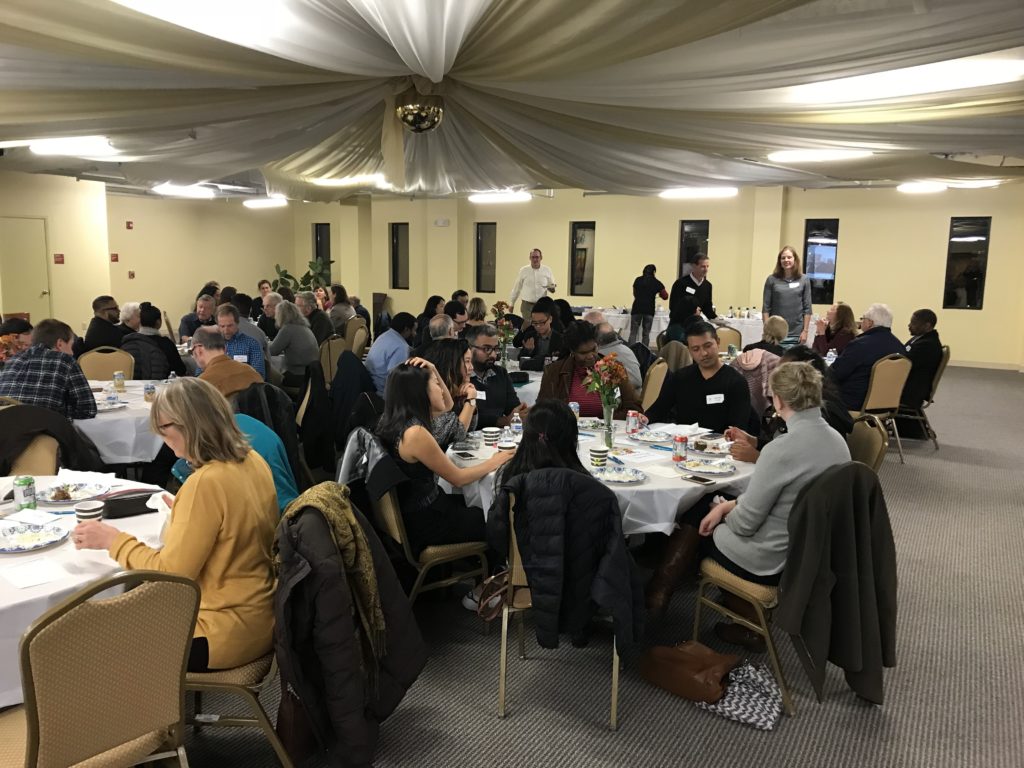
Leave a Reply